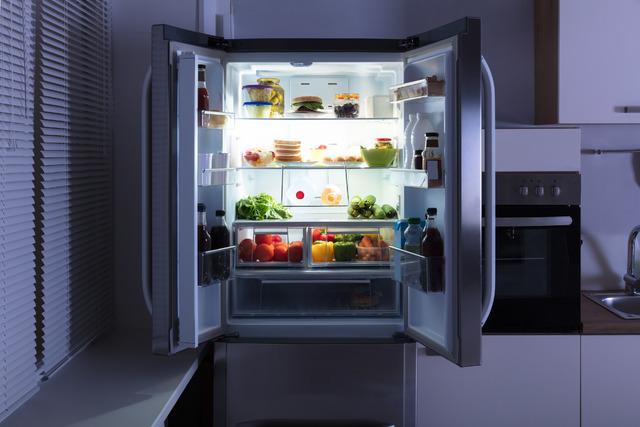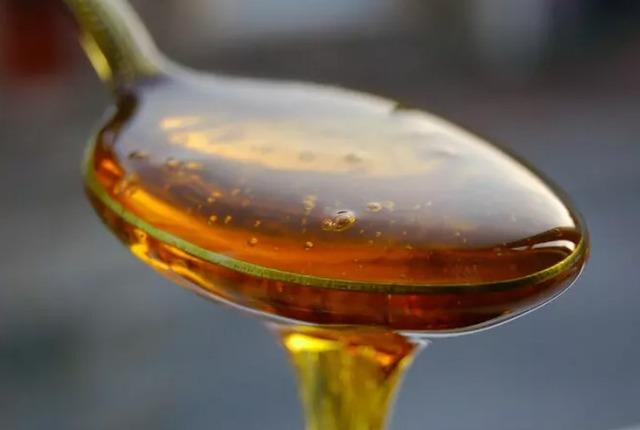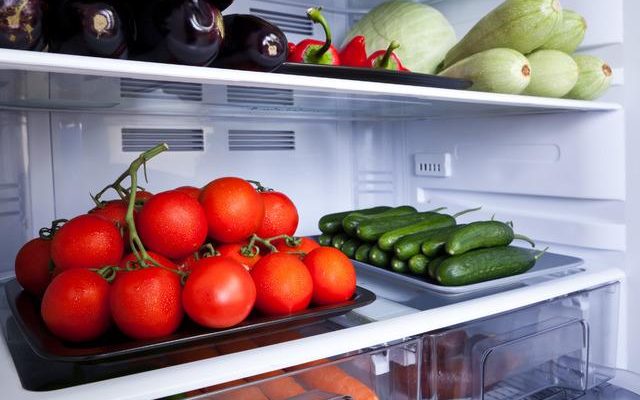In order to regulate the nutrition routine, the food bought from the markets, grocery stores and markets can be preserved in various ways. Food stored in the refrigerator usually lasts longer. However, some foods should never be put in the refrigerator. Foods that should not go into the refrigerator can endanger your health.
Pretty ironic, right? But it’s true. Tomatoes are not stored in the refrigerator. Not only will it lose flavor, but it will break down the molecules and leave them grainy. Tomatoes are best eaten fresh. Ripe tomatoes can be preserved by immersing them in a bowl of water. Tomatoes can also be blended and placed in an airtight container to hide their freshness and then stored in the refrigerator for use in making sauces.
BANANA
When cooled, the skins not only turn brown, but also slow the ripening process, changing their flavor and wetting the texture inside the crust.
APRICOT
As you should know by now, not all fruits are fridge-friendly. Apricots, like other stone fruits, ripen faster at room temperature. However, once ripe, they can be stored in the refrigerator for a longer period of time. What’s more, they can lose their flavor and texture in the refrigerator. It should preferably be stored on the kitchen counter, dining table, fruit basket, pantry or in a dry and airy place.

GARLIC
Garlic, like onions, should not be stored in the refrigerator. They need to be kept dry and exposed to room temperature air. The refrigerator will cause them to lose their proper flavor and have a terrible odor.
What is the purpose of protecting a guardian? Honey can stay on the shelf indefinitely without any problems. When stored in the refrigerator, it crystallizes and becomes almost inedible. To enjoy the beautiful texture of honey, it must be stored properly and kept out of the refrigerator.

When you buy avocados, they are often not fully ripe. To ripen them, you need to store them at room temperature, not in the refrigerator. Refrigeration is only necessary if they are already ripe and you are not ready to eat them. This is because they immediately stop ripening as soon as they are put in the refrigerator. It takes two to four days to mature, so leave them preferably on the counter. After ripening, the refrigerator can store them for up to 7 days.
ONION
Onions, whether cut or uncut, never go into the refrigerator. Onions need air to stay dry and fresh. They should be stored in the pantry or on the counter. Humidity and gas are not good for onions. It will accelerate the aging process and cause them to deteriorate rapidly. Once cut, they can last for several hours before breaking down. However, they should not be stored in the refrigerator or they will absorb the moisture from the refrigerator and lose all their flavor.
FRESH GREENS
Oxygen is bad for grasses because it can cause them to turn brown or black. Being classified as fresh foods does not make them suitable for the refrigerator. Plants need to maintain their moisture without being exposed to too much oxygen. To store them properly, they need to be put in a loose sack. If they need to be put in the refrigerator, they should be completely covered with damp paper towels. Dried herbs are best stored in an airtight container, ziplock bag, or tight jar to keep oxygen out.
